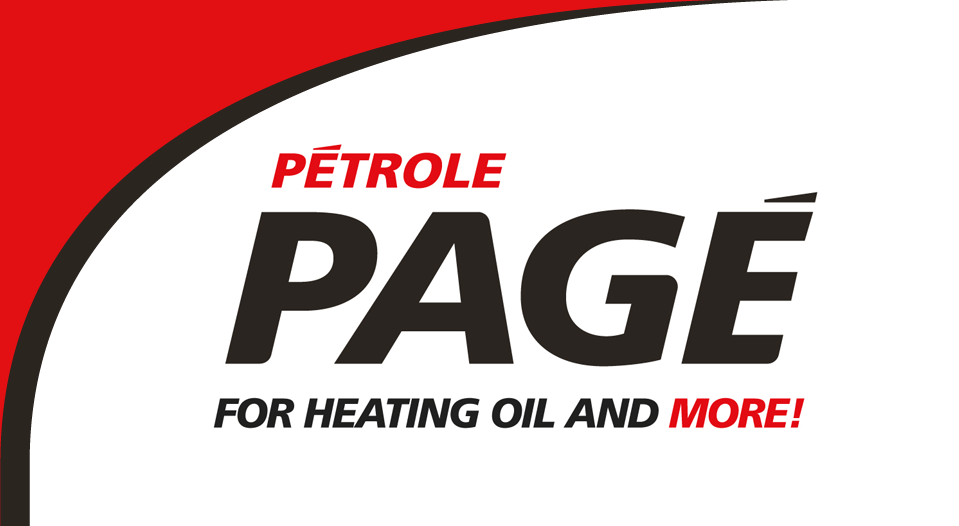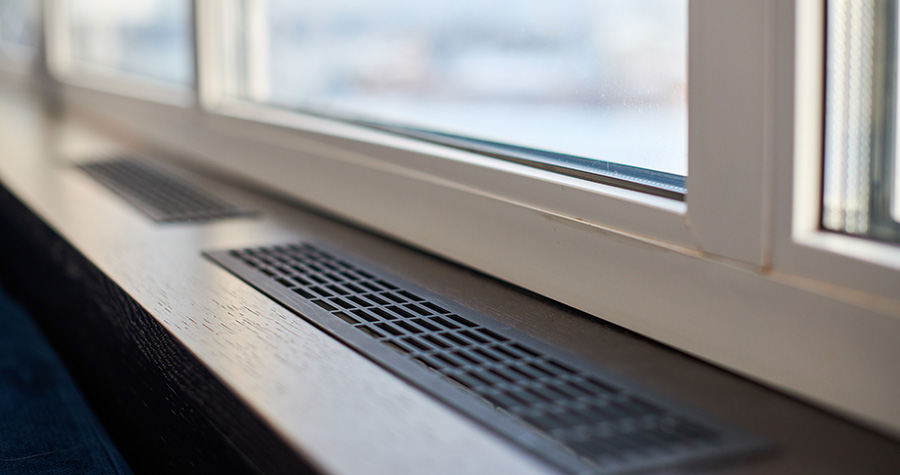Your heating system is the greediest household appliance when it comes to energy consumption. This system alone is responsible for an average of 60% of your annual energy bill.
The initial reflex in trimming its appetite is usually to improve the house’s airtightness and thermal insulation. Equipment that has less work to do is bound to consume less energy. What we often forget is that this same principle applies to equipment that works better .
What do you know about the efficiency of your heating system? Could you get it to give you more for less? There’s a good chance the answer is yes if it’s not in top condition. Are you giving it the required care?
What must be done is worth doing well!
You should know first that central heating systems require annual maintenance that must be entrusted to a duly qualified contractor and definitely not done poorly.
Having maintenance and tuning done on a combustion system (oil, natural gas or propane) or an electric system in 20 minutes at a cost of $39.95 is hardly a good deal. A professional will normally need three times as long, about an hour , to do quality work.
Cleaning and tuning
Scrubbing the walls of the combustion chamber of a furnace (and its flue pipes) to remove soot must be done meticulously. The deposits that accumulate in the tiniest nooks of this equipment can interfere considerably with heat exchange, thus reducing the efficiency of a heating system.
Does your system run on oil ? If so, it’s also necessary to check the safety devices (high limit control and flame sensor), replace the oil filter and often the nozzle, tune the burner (flame adjustment), inspect the fittings (for leaks) and do a smoke test to assess the quality of combustion. Maintaining gas equipment calls for a very similar routine. It may also include replacing the thermocouple and pilot control.
If a precise performance evaluation is needed, the technician will have to take a sample of the combustion gases, check the draft pressure and determine the temperature and the carbon dioxide or oxygen concentration in the evacuated gases.
For a hot water (hydronic) system, the circulating pump (lubrication) and the expansion tank must also be checked by a specialist . For a hot air (forced air) system, the fan must be cleaned thoroughly, its motor lubricated and the tension of the drive belt adjusted as required.
In either case, you also can contribute to increasing your heating system’s performance:
- Hot water system: purge and flush the radiators, grease the circulating pump motor as required, insulate pipes that pass through unheated spaces, install heat-reflecting panels on the walls behind the radiators and ensure that there is good air circulation all around.
- Hot air system: clean or replace the air filter on a regular basis and ensure that the duct joints are perfectly sealed so that the heat can reach its target.
These are minor actions that can bring major returns!
Heat pumps and electric units
Unless you’re looking for extra work, heat pumps normally benefit little from major annual maintenance in their early years of service. Maintaining the coils and filters as prescribed by the manufacturer does not require the involvement of a technician.
After five years, says Protégez-Vous magazine in its June-July 2009 issue, you can get the device to perform better, over a longer period, by having the motor and fans inspected and having the pressure and temperature of the coolant checked.
Heating by electric units , whether baseboards or convectors, requires minimal maintenance. This amounts to an annual vacuuming of the element and, as the case may be, the fan blades to dislodge accumulated dust. Make sure to cut the electric current beforehand.
A key element: the thermostat
Remember also that, for any heating device, energy savings begin with high-precision electronic thermostats (programmable or non-programmable), which can cut heating costs by about 10%.
Source: CAA Quebec

